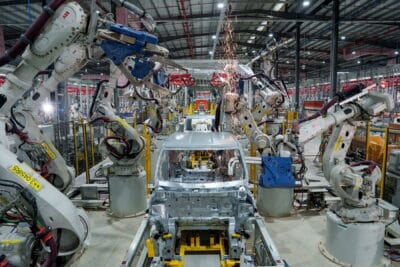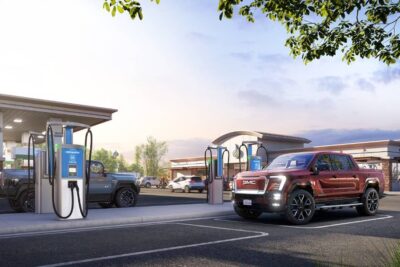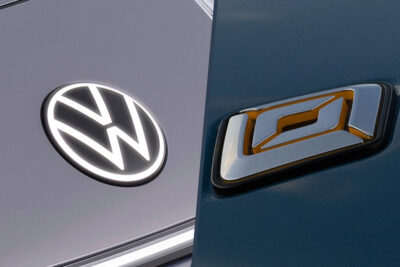Funding granted for 1,200 low- and zero-emission buses in Germany
The German Federal Ministry of Digital Affairs and Transport (BMDV) has handed over funding certificates to 41 more public transport authorities. With these commitments, around 1,200 additional low- and zero-emission buses are to be procured and put into operation across the country.
According to the German Federal Ministry for Transport (BMDV), the transport companies now notified are representative of more than 50 that have so far received support under the first funding call of the called “Guideline for the Promotion of Alternative Drives for Buses in Passenger Transport” that was published in September 2021. The funding calls based on the guideline are intended to promote, among other things, battery, fuel cell and battery trolley buses as well as the necessary infrastructure and feasibility studies.
The publication of the Guideline was preceded by the EU Commission’s approval under state aid law. According to current financial planning, the BMVI has a total of 1.25 billion euros available until 2024 for the procurement of around 3,000 buses and the associated charging and refuelling infrastructure.
In April 2022, the German Federal Ministry for Transport already handed over funding decisions for 1,600 low- and zero-emission buses. The funding volume amounted to a total of around 600 million euros. In this current round, the BMVI says that the submission of funding proposals is still possible until 15 July 2022.
It is not clear from the German ministry’s announcement which companies and districts have so far received funding notifications. However, some of the recipients have been revealed thanks to their own press releases or articles. Stadtwerke Münster, for example, has received 7.1 million euros for the procurement of 24 electric articulated buses in 2024 and 2025. At VAG Verkehrs-Aktiengesellschaft Nürnberg, 56 electric buses will be supported with a total of 18.3 million euros. BSVG Braunschweig wants to procure 50 electric buses with the subsidy sum of around 18.5 million euros. Stadtrundfahrt Dresden will convert 25 sightseeing double-deckers to electric drives.
In the north of Germany, with almost 20 million euros from the federal government, Rebus Regionalbus Rostock GmbH plans to procure 52 hydrogen buses to operate in the Rostock district. According to EWE, the DB Regio Bus subsidiary Weser-Ems-Bus will initially use five fuel cell buses in Friesland with funding in the single-digit million range. And DB Regiobus Nord plans to procure a total of 37 electric and eleven hydrogen buses for public transport in Schleswig-Holstein by 2024.
In terms of hydrogen infrastructure for the fuel cell vehicles in the above cases, the coastal northern German regions of Schleswig-Holstein, Friesland and the city of Rostock intend to use their advantage of local wind and solar energy generation for the production of green hydrogen for new hydrogen refuelling stations for the procured fuel cell buses.
In Friesland, Weser-Ems-Bus, the energy service provider EWE and the Gödens Group want to tackle the expansion of the local hydrogen economy. The partners see the potential of conversion of wind and solar energy and their storage in the form of hydrogen, especially for the transport sector. “It is precisely this potential that is to be used here in the district. We are therefore very pleased that the Federal Ministry of Transport has today confirmed the funding for the acquisition of the hydrogen buses and that we can continue to tackle our transport transition (off fossil fuels) here in Friesland,” says District Administrator Sven Ambrosy.
Daniela Kluckert, the Parliamentary State Secretary to the BMDV, who presented the funding pledges for low- and zero-emission buses across Germany, explained: “Our goal is for every second city bus to be climate-neutral by 2030. This is the only way we can achieve the climate targets. That is why we are supporting transport companies in reducing emissions in our cities and defining zero-emission drives as the new standard.” She noted: “I am very pleased about the great demand for our funding and it shows that fleet operators are focusing on modern and sustainable buses.”
All sources are in German: bmvi.de, stadtwerke-muenster.de, newstix.de (Nürnberg), newstix.de (Braunschweig), ndr.de (Rostock), ewe.com (Friesland), dbregiobus-nord.de
Including reporting by





0 Comments